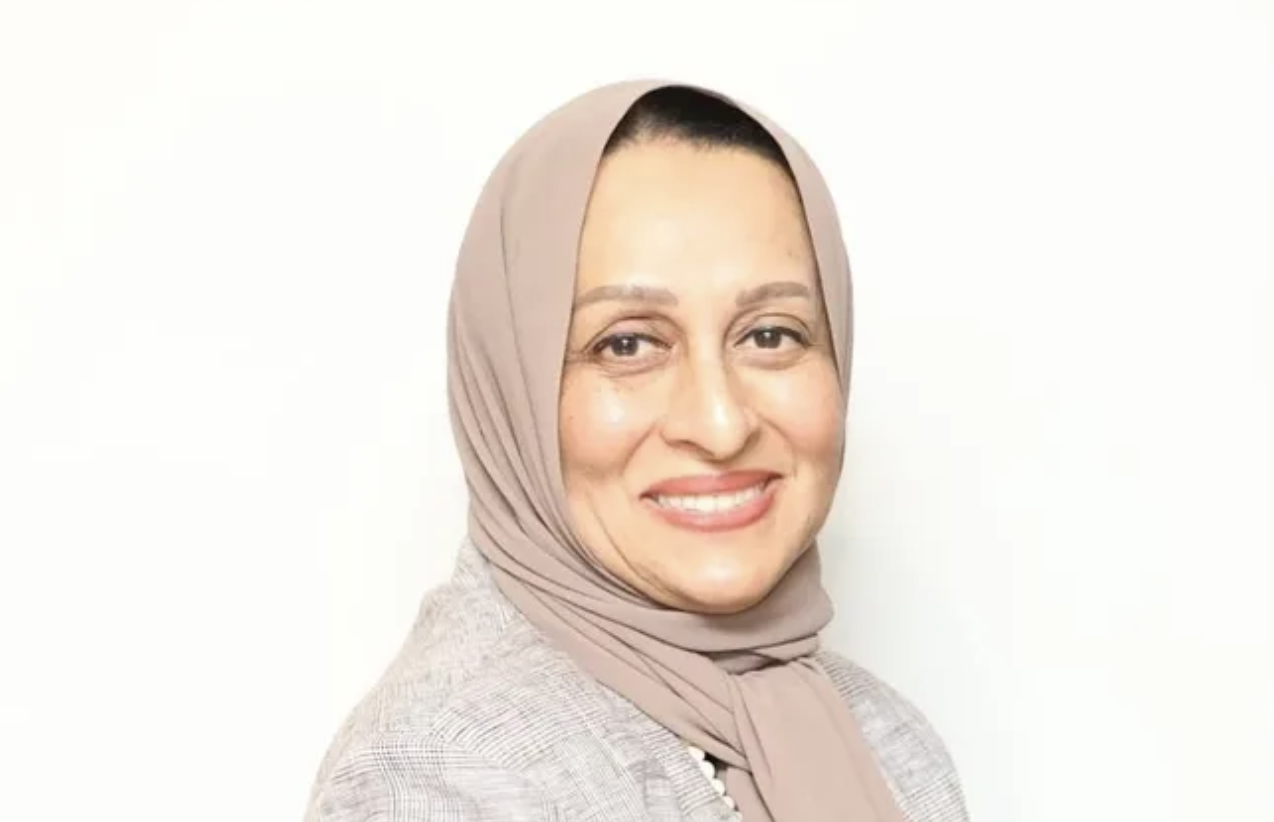South Africa’s National Health Insurance (NHI) aims to advance Universal Health Coverage by addressing inequities between the well-resourced private sector and the underfunded public sector. While progress has been made, challenges persist, and WHO supports reforms to build an equitable, resilient health system.
Access to affordable, quality health care is a fundamental human right and essential for sustainable development. Universal Health Coverage (UHC) embodies this vision by ensuring that all individuals, regardless of their circumstances, can access promotive, preventive, curative, and rehabilitative services without financial hardship. In South Africa, this principle is being advanced through the National Health Insurance (NHI) Act, a bold reform aimed at reshaping the health system to achieve equity and universal access. The NHI has sparked debate, particularly concerning its implications for private health care provision and medical aid schemes, reflecting the magnitude of the reform. While the World Health Organization (WHO) does not comment on the specifics of national policies, it strongly supports the underlying goal of universal, equitable access to health services and the reduction of health inequalities.
South Africa has made notable progress in expanding access, reflected in the UHC Service Coverage Index, which rose from 43 in 2000 to 71 in 2021, outperforming many countries in the region. However, this progress masks enduring and significant inequities. The private sector, serving only about 15% of the population, absorbs around 51% of total health expenditure, while the public sector—on which 85% of South Africans rely—faces systemic challenges such as inadequate infrastructure, understaffing, and variable quality of services. The unequal distribution of resources and outcomes continues to undermine national progress toward the Sustainable Development Goals. Closing these gaps requires moving beyond debates of public versus private provision and instead focusing on building a system where services, regardless of provider, are equitable, sustainable, and accessible to all.
At the heart of UHC lies primary health care (PHC), which prioritizes community-level services, health promotion, disease prevention, and integration of social determinants of health. Strong PHC ensures continuity of care, fosters public trust, creates efficient referral systems, and strengthens resilience in the face of daily health needs as well as emergencies. Countries such as Thailand, Rwanda, and Costa Rica demonstrate that incremental, sustained reforms rooted in PHC and equity can transform health systems and achieve measurable UHC gains. For South Africa, the NHI offers a pivotal opportunity to reshape financing, improve governance, and strengthen accountability while safeguarding the needs of vulnerable groups such as migrants, informal workers, rural residents, and people living with disabilities.
The WHO’s role is to provide technical support, share lessons from global experience, and facilitate open dialogue among stakeholders. Achieving UHC is a gradual journey requiring strong political will, public trust, and institutional readiness. South Africa stands at a decisive moment to build a resilient and inclusive health system that delivers for all, and WHO remains committed to supporting this transformation.


